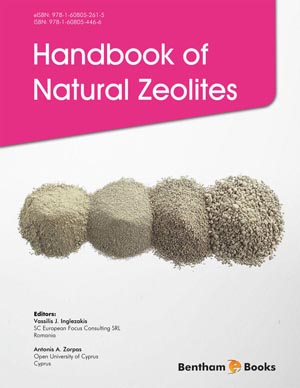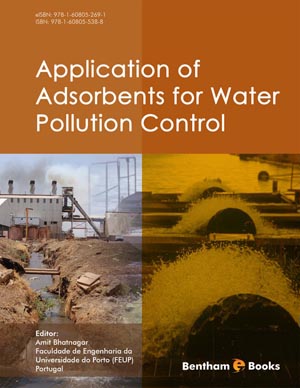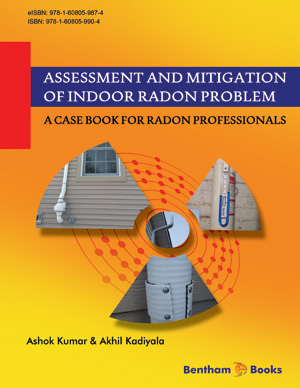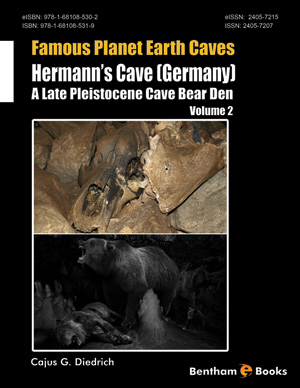Abstract
Zeolites, natural and synthetic, have been widely studied regarding their suitability to be used in many different environmental applications worldwide. Their unique structure of channels, cavities and cages results in large internal surface available for a variety of reactions, which could also be applied for the protection, improvement and also remediation of soil quality. Soil is a key component of natural ecosystems and environmental sustainability depends largely on a sustainable soil ecosystem. Unlike other environmental compartments (e.g., atmosphere, water) pollutants have long residence times in soil while the overall degradation or, finally, the destruction/collapse of a soil system and, consequently its ecosystem, could be appeared many years after the beginning of its degradation. This is due to its capability to act as filter and natural bio-degrader for a lot of organic and inorganic elements and compounds, capability which, however, could be exhausted due to continuous disposal of excess nutrients, harmful and toxic compounds. Many soil remediation techniques have been developed and applied so far; some of them include the use of natural zeolites and mainly clinoptilolite. However, the most of the obtained results, regarding their suitability to be used as soil amendments for remediation purposes, have been obtained through lab experiments and small scale field applications. Regardless the limited extension of their application on real problems of soil pollution (except the case of land application after Chernobyl disaster), there are plenty of research works that deal with the potential of zeolites to be included in the inventory of the effective and efficient amendments for soil remediation. Some of these research studies, are presented in this review work aiming, not to cover the entire literature, but to provide representative data and evidence for zeolites effectiveness also in soil remediation. In addition, results are provided regarding the use of clinoptilolite as soil amendment for the protection and improvement of soil quality degraded due to the disposal of Olive Oil Mills Wastes, which were obtained from a study funded within a European LIFE project. This research field is considered as highly innovative since it has never been studied before.
Keywords: Natural zeolites, zeolites, synthetic zeolites, clinoptilolite, faujasite, phillipsite, soil, heavy metals, radionuclides, volatile organic compounds, VOC, soil degradation, soil pollution, soil contamination, soil remediation, soil reclamation, phytoremediation, in-situ, ex-situ, olive oil mills wastes.












